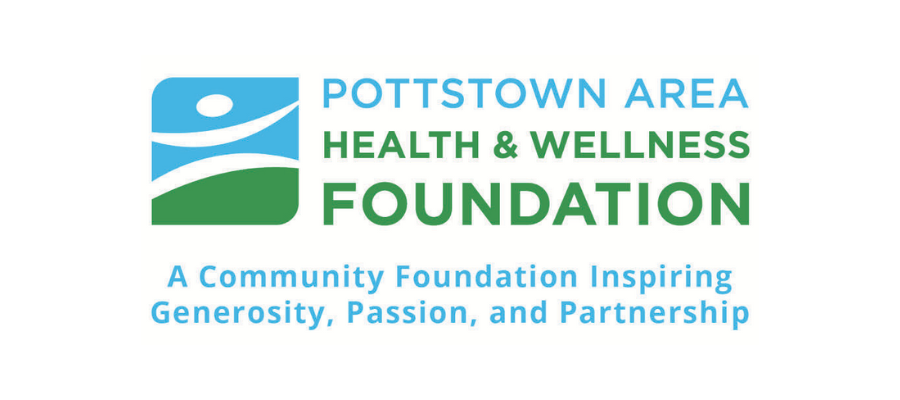There has been a global rise in cases of measles recently, led by a decline in measles vaccine coverage. This resurgence of the illness is a big shift from 2000, when measles was declared to be eliminated, due in large part to the prevalent use of the vaccine.

While measles is still considered extremely rare (with fewer than 1,000 cases in the US per year), experts from the National Institute of Allergy and Infectious Diseases, part of the National Institutes of Health, and the Penn State University College of Medicine’s Milton S. Hershey Medical Center all say that measles could rebound if more people don’t get vaccinated.
Measles is a highly contagious viral infection that spreads by air when an infected person coughs or sneezes (see the symptoms here). According to the CDC, the illness is especially dangerous for babies and young children, and can lead to hospitalization.
Here’s the good news: measles is one of the most easily prevented contagious illnesses. Despite any alleged controversy, the measles vaccine is effective, safe and easy to access. The National Institutes of Health say there is no evidence that vaccines cause any negative effects. Only people with certain immunodeficiencies need to ask their doctor for more information before getting the vaccine.
It’s important to get you and your child vaccinated for your health and the safety of the community. You can get the measles vaccine at your doctor’s office, health centers and even major pharmacies like Rite Aid, CVS and Walgreens. You can find more information at Vaccines.gov.
